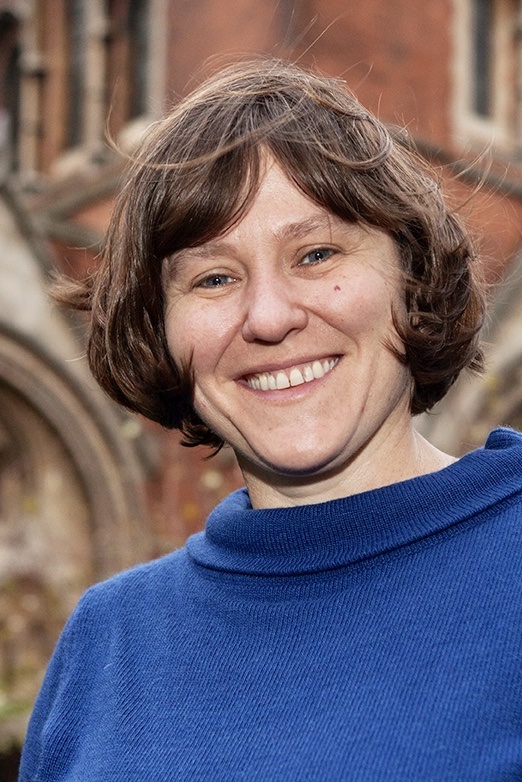Karen Stallard is a welldoing.org therapist in N5, London, and online
What attracted you to become a therapist?
I believe in human connection and I get a huge amount of fulfilment from being with another human being in a meaningful and deep way. I am also fascinated by the neuroscience behind therapeutic work.
Where did you train?
The Institute for Arts in Therapy and Education
Can you tell us about the type of therapy you practise?
I am an integrative arts psychotherapist, I work creatively using a number of therapeutic techniques including art making, body work, drama, music as well as traditional talking therapy. I believe that curiosity and creativity are the pathways to feeling OK in the world, the arts encourage these things!
How does integrative arts psychotherapy help with symptoms related to adverse childhood experiences?
The arts provide a safe and contained way of exploring very vulnerable parts of the self. Sometimes words just can't describe the feelings that lay deep down but an image can reveal all sorts of feelings in a profound and meaningful way.
What sort of people do you usually see?
I work with individual adults. Often my clients come with relationship difficulties or just feeling lost in the world. Some come with adverse childhood experiences, some have sexuality or gender issues, and some have a spirituality they want to explore through therapy.
What do you like about being a therapist?
The privilege of being connected with other human beings as they go on their journey of transformation and growth. I also love how clients can teach me so much about life!
What is less pleasant?
Some of the stories are difficult to hear, and it makes me face the reality that humans can be very damaging to each other, usually when they are afraid. This can make me feel tired and sad.
How long you've been with welldoing.org and what you think of us?
I have only been with welldoing.org a few months; I like the fact that welldoing.org is engaging with the world of social media and has an understanding of how the younger generation might like to access therapy.
Do you ever suggest books or apps to clients?
Yes. The Body Keeps the Score by Bessel Van Der Kolk, Waking the Tiger by Peter Levine, The Drama of being a Child by Alice Miller and The Games People Play by Eric Berne
What you do for your own mental health?
Regular exercise. Being a part of a community group. Art making. Cooking. Watching flowers grow. Beer making. DIY. Enjoying relaxing evenings with my partner. Going to bed before midnight.
You are a therapist in Islington, London. What can you share with us about seeing clients in that area?
I have years of experience of working in the inner city. I really like living in a diverse environment and enjoy meeting people from diverse backgrounds in my therapy room. Inclusivity and equality are very important to me; Islington is a melting pot for diversity.
What's your consultation room like?
My room is in my home, it has books and plants and musical instruments; it is comfortable and overlooks a small garden.
What do you wish people knew about therapy?
You don't have to be feeling really bad to benefit from therapy. Therapy can improve your relationships and performance and general feeling of wellbeing and is something everyone can benefit from. It's an investment for life.
What did you learn about yourself in therapy?
I learnt how to cry, relax, let go and be myself in an undefended way.









